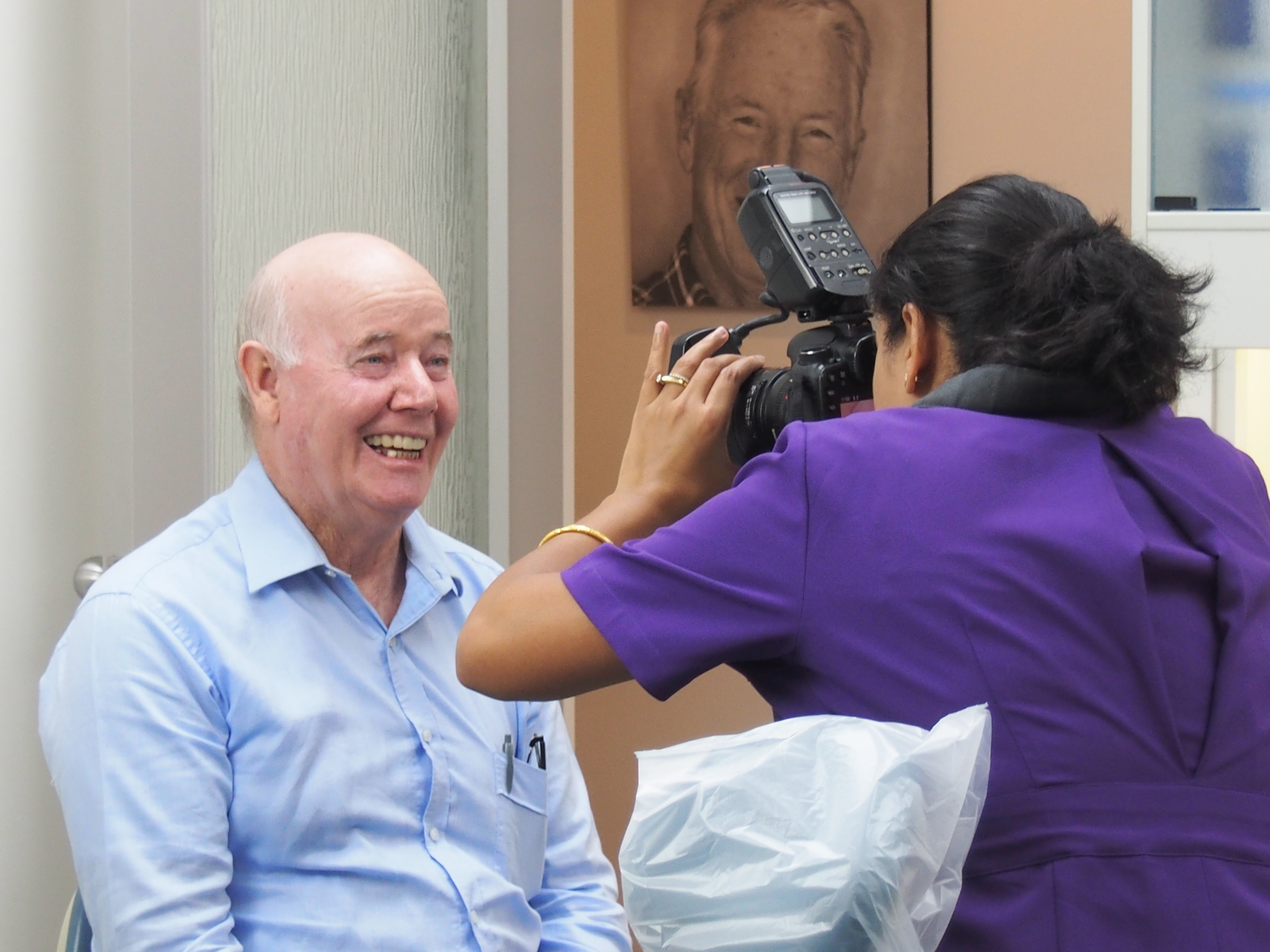At its heart, treatment planning is incredibly simple
- You find out what the patient has.
- You find out what the patient wants.
- You find out what resources they have to go from has to wants.
That is all
Unfortunately, simplicity is difficult.
When we make something overly complex, we can hide in the activity. In the steps. The process. It is easier to be complex than simple. A fancy restaurant dish can more easily hide mistakes than a simple one. A simple one must be perfect to survive our scrutiny.
Finding out what the patient has is easy. This is the examination process and it should be an almost thoughtless routine choreographed for maximum efficiency. This way, it can be fast, and thorough.
However, finding out what the patient wants is quite difficult
The patients first response is to tell us what they have. To do the exam for us. I think we have trained patients over generations to do the exam for us as we don't want to spend too long listening. What's broken, let's fix it.
However, good listening takes us past the this to want the patient's deeper, and longer term goal is.
You can't blame the patient for being short termist in their views if you take a short term approach to the consultation process and are in a rush. What's good for the goose is good for the gander.
I don't have any sophisticated neurolinguistic programming methods for finding out what the patient's long term goals are.
I just ask
The two questions that are most important are:- What do you want?
- What is your long term goal with your teeth?
The latter one is the most important. All of us are human, and humans have an enormous ability to value the here and now over the there and then.
It is common for patients to regret when they run out of teeth. This is not necessarily because they are careless or stupid (dentists are very bright and they also do all sorts of things they shouldn't, like drink too much), but because they could not see that their path lead to being dental amputation. And that dentures are like a pirates peg leg. Better than no legs, but still suck.
So try to help the patient see the future
I don't mean try and scare them into large scale treatment. Just see where their choices are going.
The patient will not think long term unless you do.
If you found this helpful, please share.






